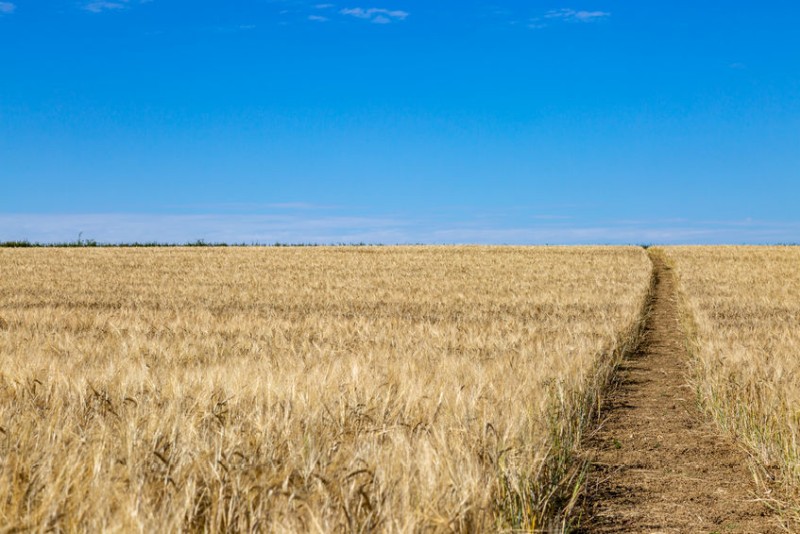The National Farmers’ Union (NFU) has warned that more than £20m of fruit and vegetables have gone to waste in the UK in 2022, due to prolonged dry weather and a lack of staff and workers to pick crops.

Following our Food and Waste Workshop last week, we thought that you would like to find out about the findings of a survey that the NFU did of its members, which account for around one-third of the UK’s horticulture sector.
The survey found that many organisations are experiencing workforce shortages that are leading to huge amounts of fresh fruit and vegetables going to waste. The NFU claims that the wastage accounts to around £22m across its members, suggesting that more than £60m in crop losses could be happening across the UK.
“It is nothing short of a travesty that quality, nutritious food is being wasted at a time when families across the country are already struggling to make ends meet because of soaring living costs,” NFU’s deputy president Tom Bradshaw said.
A total of 40% of survey respondents have recorded substantial crop losses due to a shortage of labour and loss and damage to crops. Almost 15% of respondents claim that recruitment for pickers needs to rise, while 17% said that workers failed to turn up and 9% claimed that workers left before their contracts expired.
The UK currently offers up to 38,000 visas for seasonal workers to come in and assist the sector, but organisations claim this needs to almost double in size.
The issue has been compounded by Brexit, which has created issues around freedom of movement and limited the ability of farmers to employ EU workers.
Weather warnings
Bradshaw also notes that “prolonged dry weather and record temperatures” has contributed to “a really challenging growing environment” for the sector.
With the UK set to experience drought conditions until October, agriculture industry organisations are urging the Government to bring forward new interventions for a more sustainable food system.
Heatwaves in geographies including mainland Europe and India have already reduced yields for certain crops, including wheat, olives and rice. Russia’s war in Ukraine has also posed a major threat to global food security in 2022, disrupting supply chains for sunflower oil, wheat and fertilizer.
The situation places further pressure on the Government to bring forward joined-up, credible measures to improve the sustainability and resilience of food systems.
June saw the Government publishing its Food Strategy, the first in a generation. The reaction was one of disappointment, with the majority of recommendations made by Henry Dimbleby, the expert leading the review of existing policy, not taken on board. Groups operating in agriculture, climate action, nature, nutrition and the civil society spaces all expressed concerns.
The Landworkers’ Alliance (LWA) was among the critics, calling the plans “the policy equivalent of junk food”. The LWA has published a new set of recommendations for developing resilient and sustainable food systems in rural parts of the UK, in partnership with the Countryside and Community Research Institute.
The research found that many LWA members are not classed at conventional farmers, despite being growers, foresters and land-based workers that are focused on public goods listed under the National Food Strategy. Additionally, LWA members rarely employ more than 10 people, making them micro businesses. The research outlines a set of recommendations to help micro businesses create sustainable processes that would help with UK crop and food production and land management.



